7 Important Image Optimization Tips Every SEO Expert Needs to Know
7 Important Image Optimization Tips Every SEO Expert Needs to Know
Important Image Optimization Tips – Like any other technique, SEO is also the one which keeps on evolving. But this development does not lead to a change in the basics of optimization.
For example, keyword stuffing is not a part of SEO while using the right keywords and optimizing the content surrounding those keywords is still important. Similar to content optimization and keyword usage, image SEO has also become a vital part of basic optimization techniques.
There are times when you just upload an image to your website and insert it to a website page but it isn’t a good example of image optimization. The real optimization includes search engines to read your images and that will not happen without an image with “alt text”. Likewise using image titles, descriptions are also important to rank better in the search results. So, we can say that without appropriate image optimization, you’re wasting a valuable SEO benefit.
Today, in this article we are going to cover the following topics –
Is Image Optimization really important?
Well, Yes! If you follow the basics of image optimization you will get many advantages of rankings. A well-optimized image leads to better user experience, boost page load times and gives ranking opportunities on Google image search. In recent years, these image optimization factors are playing a very important role. Basically, we now need to figure out the most important factors that will help ensure that the images are searchable and are helping your website’s speed without slowing down.
Let us discuss the most useful image optimization tips here:
1. The Right Format of the Image
All the image formats are often considered as the right format. It just depends on the kind of image and where and how we want to use it. There are many image formats available but the most used ones are – the PNG and JPEG.
PNG: This image type is for high quality images, but it also comes with a larger file size. If you want to keep background transparency, it is the most common to use.
JPEG: Lesser in quality than PNG, but it is adjustable in quality level and get a smaller size.
According to us, PNG has more reliable high quality while JPEGs can be used for bigger and more visual images, also the images that are clicked with photography.
2. Images should be compressed
It is estimated that images takes an average of 21% of a webpage’s weight. Thus it is important that we use images after compressing them and then upload to the website. Compressed images lead to improve the website’s speed and let the pages load faster which is very important for image SEO. If you want to know the impact of your images on the page speed, you can use Google PageSpeed Insights tool.
3. Avoid Images with Copyright Issues
If you choose to use image files from the net, then make sure there is no copyright conflict. It is important as if the image owner sees the same image on your website, they can file a DMCA Takedown which you will need to take into action. So make sure either to design the images of your own or use copyright free images available online.
4. Make use of SEO-Friendly Alt Text
From the name itself, you can understand that “Alt text” are known as the text alternative to images when a browser can’t properly load them. Similar to a web page title, the alt text or attribute is used to describe the contents of an image that you are using.
In case of a situation when an image does not load, if an alt tag is present it will define your image and make the picture appropriate. Adding image alt tags is an essential part of your On-page SEO strategy.
Adding suitable image alt tags can also help a website to get better rankings in the search engines. What you can do is – you can associate keywords as image Alt Text.
5. Images should be Mobile Friendly
Mobile SEO, if done correct can give a boost in rankings and brings user engagement. So it is important for you to think about optimizing your images for the mobile. You need to make your images responsive making the images adjust according to the mobile size.
6. Use Image Sitemap
It is recommended for you to add an image sitemap. Including images to a sitemap will increase the chance of search engine indexing of images. Which will also result in more website traffic later.
7. Design Unique Images
Need to use a lot of images on your site? It is not recommended that you use images with copyrights or include a lot of stock imagery. So, what is the best thing you could do to look original – you basically need to stand out? To look different from others we recommend that you either click original pictures or design images with tools like Canva or Photoshop. This will definitely help in giving a better experience to the user and make you look more authentic.
Final Thoughts on Image Optimization
The above tips will definitely help your image SEO strategy and will boost your on-page SEO. There are advancements in image search and voice search both and thus visual content like images also need to be taken care of.
Even after the Optimization process is done, you need to make sure that you test you image size and loading speed to ease up the process
- DomainRacer Hosting Review (2024-2025)
- You can do it too: Practical SEO Guide for Beginners in 2022
- Top 7 secrets of super-successful video marketing
- Reasons to Hire a Senior Living Marketing Company in Sacramento
- What are the Benefits of using a paraphrasing app on an Android smartphone?
- A Guide to Programmatic Direct Mail
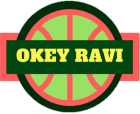
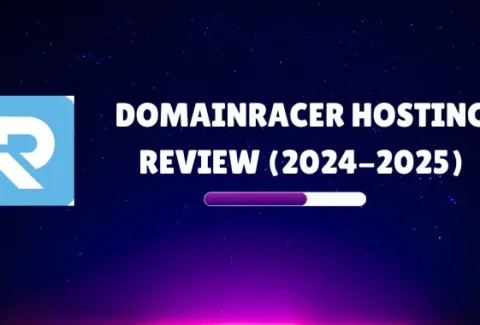
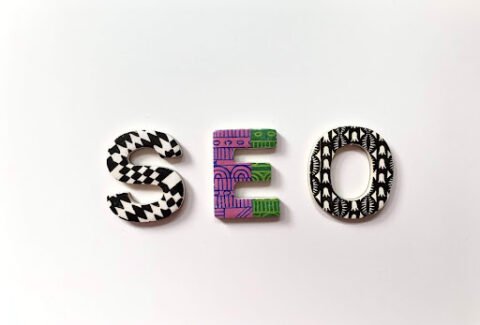

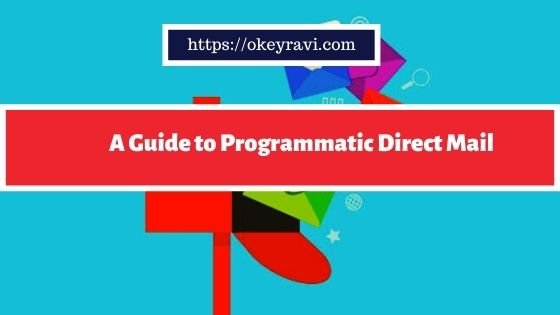
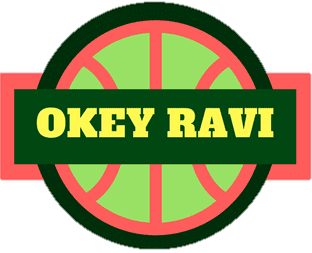
Comments (7)
Vishwanath
Hello, Ravi sir
I like your blog articles very much, I read daily, I also have a new website, hope you will like it. https://www.oneirolife.com
OK Ravi
Hi Vishwanath, Good luck with your blogging career.
Tariqur Rahman
Thanks a lot. I learned so many new things about image optimization from this post. I want to know one thing which is better Photoshop or Illustrator? Before I always use Photoshop but the thing is that is not scalable. The image becomes look ugly on a different desktop.
Neha Verma
Awesome post, this post will improve us, thanks a lot for sharing this article. I am truly motivated by you for blogging help. This article is very helpful for me.
OK Ravi
Thank you very much Neha.
Rohit Kumar
Hi Rekha Ji, thanks for this awesome post. Can you please suggest some copyright-free images sites, that doesn’t require any attribution or linking?
OK Ravi
Hi Rohit, Create your image self-using Canva or Fotor. Don’t depend on others.
Comments are closed.